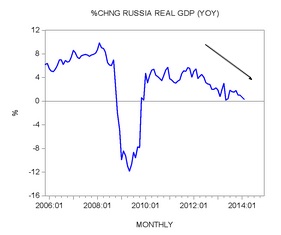Andrew Lilico has written a great article for The Telegraph on the dangers of deposit insurance:
In a classic 2005 paper from the highly authoritative Journal of Monetary Economics, Asli Demirgüç-Kunt and Enrica Detragiache investigated the question “Does Deposit Insurance Increase Banking System Stability?” Their answer, based on an empirical study of a large panel of countries from 1980 to 1997, was that it does not; in fact, as they put it: “explicit deposit insurance tends to be detrimental to bank stability”.
I recommend the whole article.



I was sorry to see no mention of the idea that government mandated and backed deposit insurance is really just a form of corporate welfare for the banks; socializing the risks while helping guarantee profits.
He does say:
Though he mentions only pay here, not profits.
I think the principle applies to the net present value of bank shares. When it becomes clear that banks have an advantage because of the regulations that govern them then bank shareholders get a windfall.